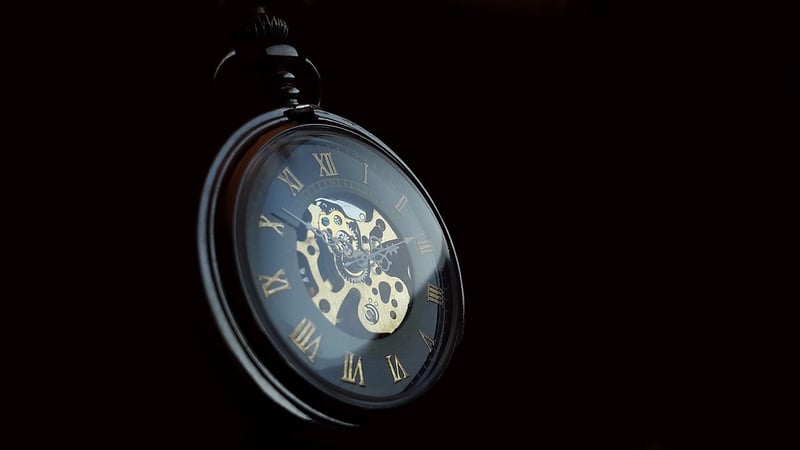Predestination Paradox
Dive into Time Conundrums and the Predestination Paradox
Time travel has long been a fascinating topic in science fiction, leading to countless mind-bending conundrums and paradoxes that challenge our understanding of causality and reality. One of the most intriguing of these is the Predestination Paradox.
What is the Predestination Paradox?
The Predestination Paradox, also known as a causal loop, is a theoretical scenario where a time traveler causes a sequence of events that ultimately leads to the very event they were trying to prevent or change. In essence, the past, present, and future become interconnected in a loop with no clear origin.
Examples of the Predestination Paradox
One famous example of the Predestination Paradox is the grandfather paradox. Imagine a person travels back in time and prevents their grandfather from meeting their grandmother. As a result, the time traveler is never born, which means they cannot go back in time to prevent the meeting, creating a logical inconsistency.
Exploring Time Conundrums
Time travel stories often involve various conundrums and paradoxes that challenge our understanding of cause and effect. From the Bootstrap Paradox to the Butterfly Effect, these concepts play with the idea of changing the past and the implications it has on the present and future.
Conclusion
Time conundrums and paradoxes like the Predestination Paradox offer a glimpse into the complexities of time travel and the philosophical questions it raises. Exploring these concepts in fiction allows us to ponder the nature of time, free will, and the intricacies of causality.

Delve deeper into the world of time travel and paradoxes to unravel the mysteries of temporal logic and the boundless possibilities of the universe.
References: Predestination Paradox - Wikipedia
